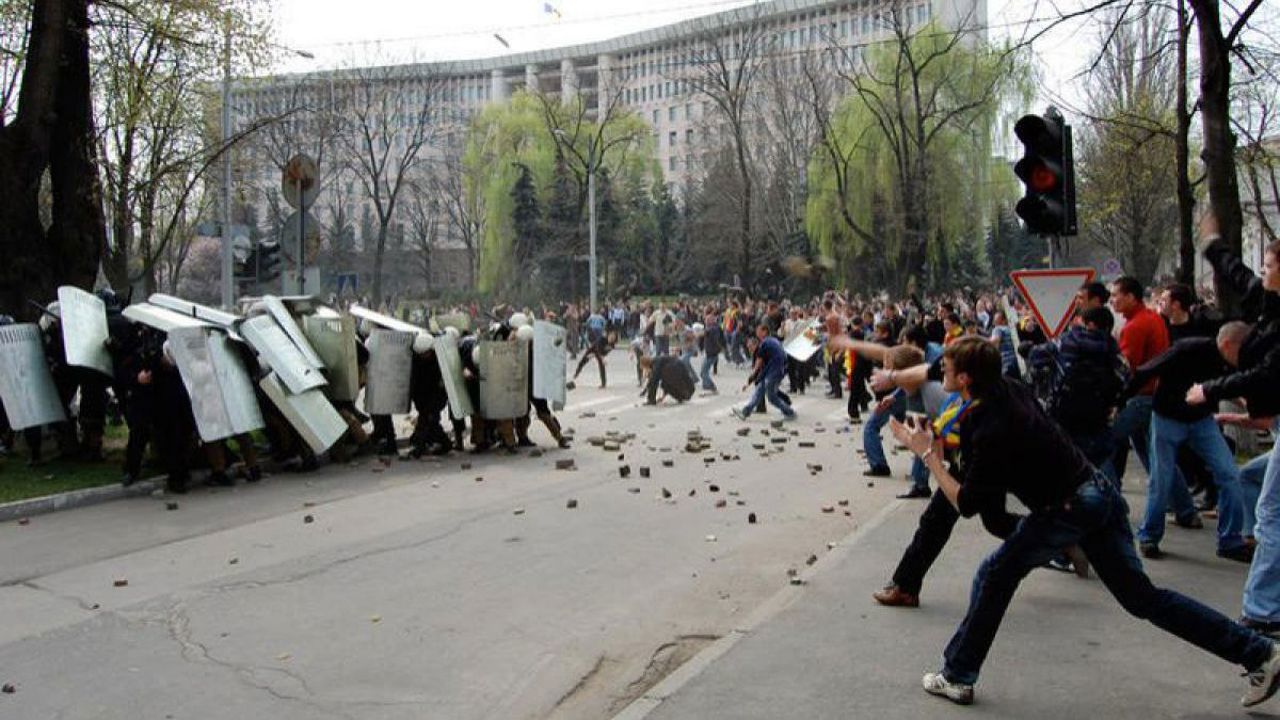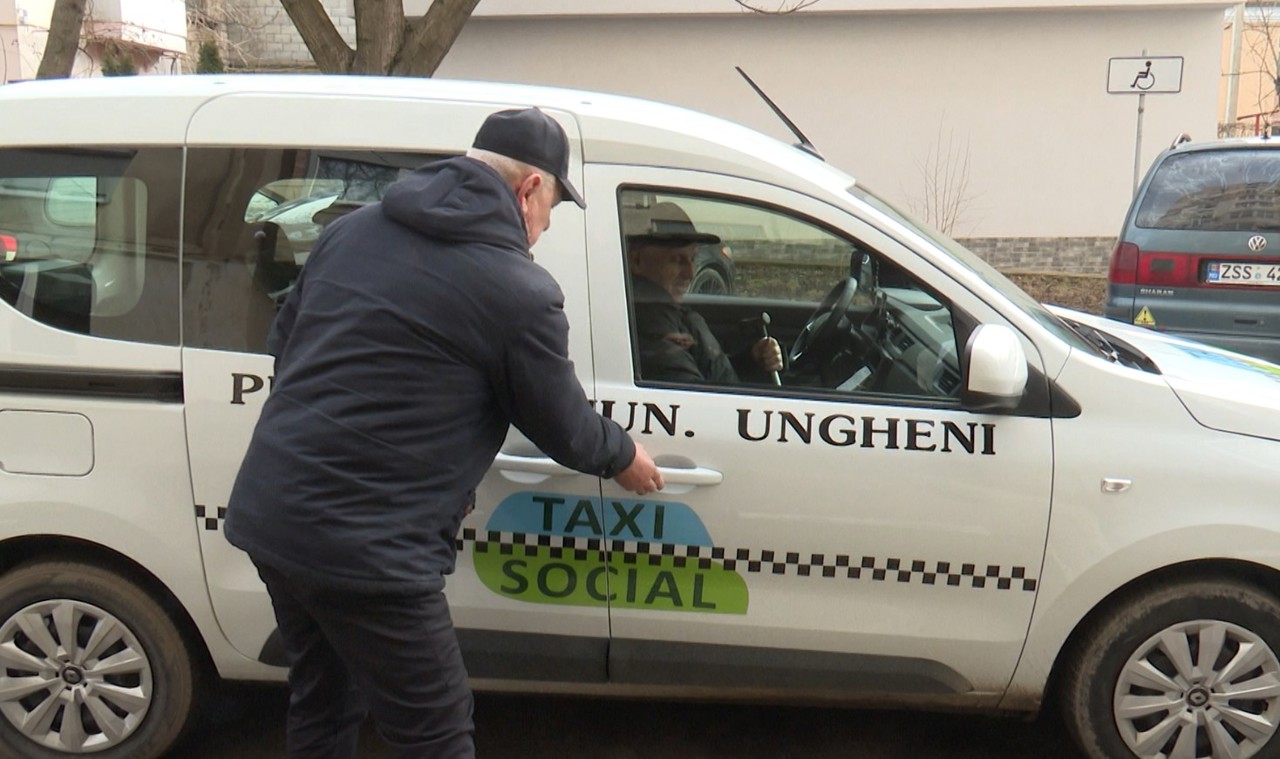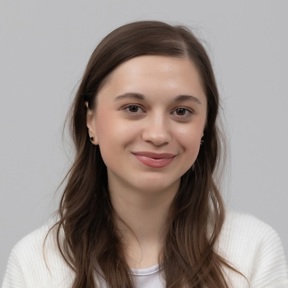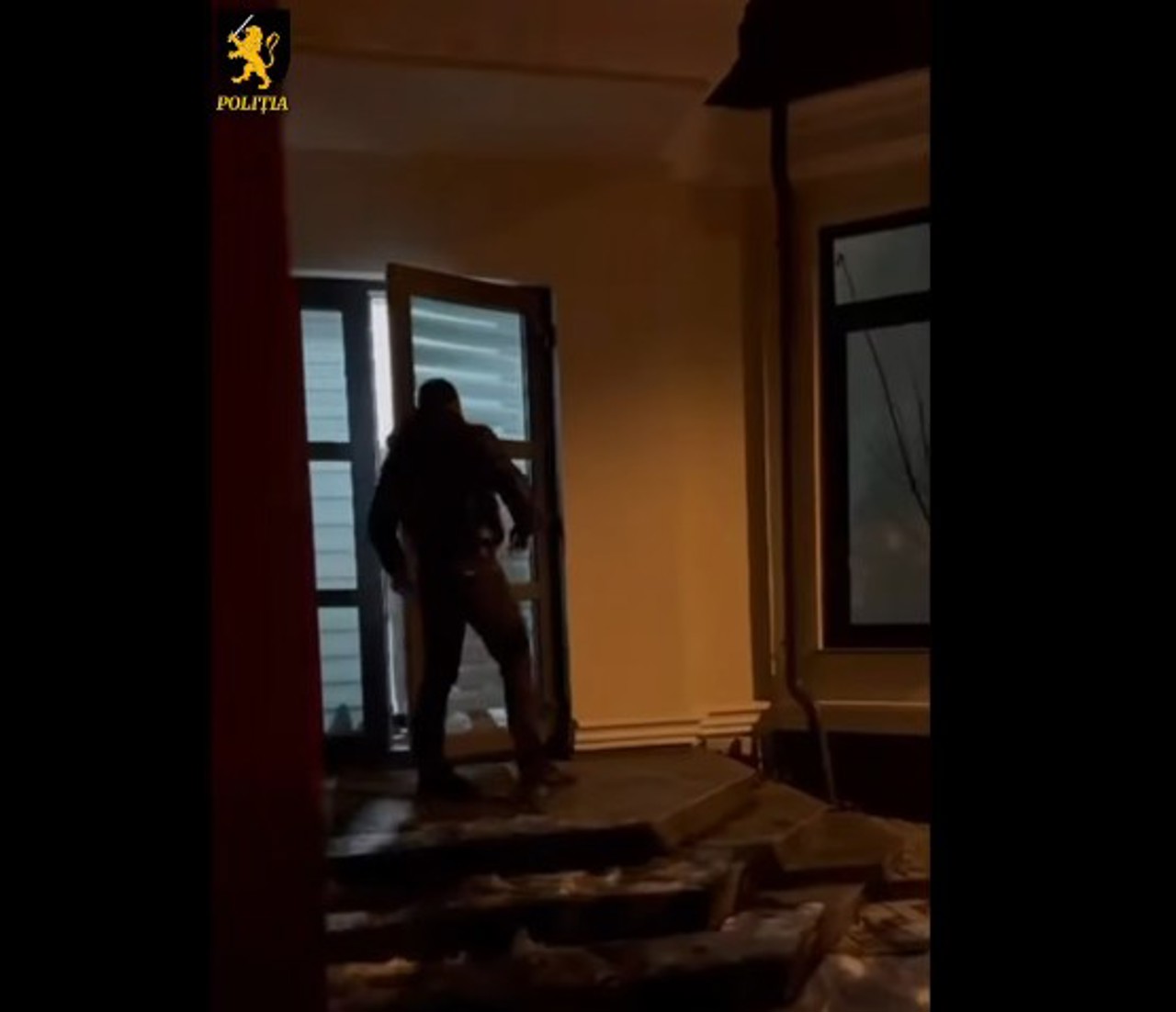Moldova's April 7 protests: Justice still elusive after 16 years
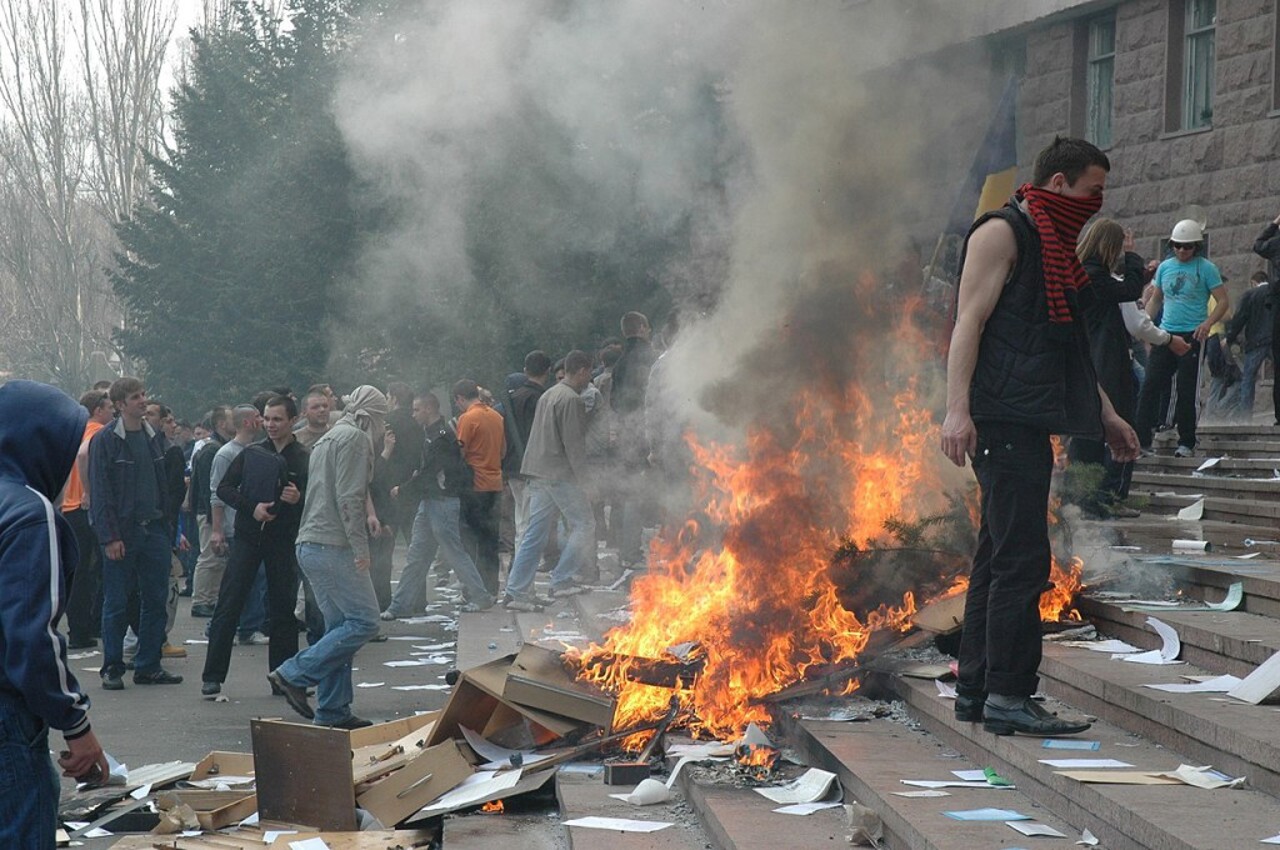
April 7, 2025, marks the 16th anniversary of the violent protests in Moldova—an event that left an indelible mark on the country’s history.
Although more than a decade and a half have passed, the events remain shrouded in controversy, and the victims continue to wait for justice. No one has been detained for the abuses committed that day, and the criminal investigation is still ongoing.
In a statement to Teleradio-Moldova, the Prosecutor's Office for Combating Organized Crime and Special Causes (PCCOCS) confirmed that the investigation remains active in case number 2009038033, which includes several interconnected cases concerning the events in the Great National Assembly Square and near the Parliament and Government buildings. “A large volume of investigative actions has been conducted and continues to be carried out, including witness interrogations, confrontations, searches, and special investigative measures aimed at establishing all the facts and uncovering the truth of the case. The investigation is ongoing,” prosecutors explained, noting that further details cannot be made public due to data protection and the confidentiality of the investigation.
No prison sentences
Over the years, authorities have assured citizens that the truth about the events of April 7, 2009, would eventually come to light. However, to date, no one has served prison time for the abuses committed. Of the 108 complaints submitted to the Prosecutor's Office, only 58 cases reached the courts, and the sentences handed down have been symbolic—three police officers received suspended sentences, and one was fined.
The only person convicted for the death of young Valeriu Boboc is former police officer Ion Perju, who was sentenced to 10 years in prison. Although the sentence is final, he has not been incarcerated to this day.
Moldova condemned by the ECHR and ordered to pay damages
Moldova was condemned by the European Court of Human Rights (ECHR) in 10 cases related to the events of April 7, and dozens of other applications are still waiting for a ruling. To date, the state has paid approximately 5 million lei in compensation, including through amicable agreements with the young victims who were tortured.
According to official data, in 31 cases, prosecutors initiated investigations based on media reports or victims' statements, while in 71 other cases, criminal investigations were launched—most for torture, abuse of power, or exceeding official duties.
A day that changed the political course
On April 7, 2009, thousands of young people took to the streets to contest the Communist Party's victory in the parliamentary elections held on April 5. What started as a peaceful protest quickly escalated into violence, with the Parliament and Presidential buildings being devastated, fires set, and material damage estimated at approximately 146 million lei.
During the night of April 7-8, dozens of young people were detained, many of them tortured in police stations. Valeriu Boboc died after being brutally beaten by law enforcement. One year later, he was posthumously awarded the "Order of the Republic."
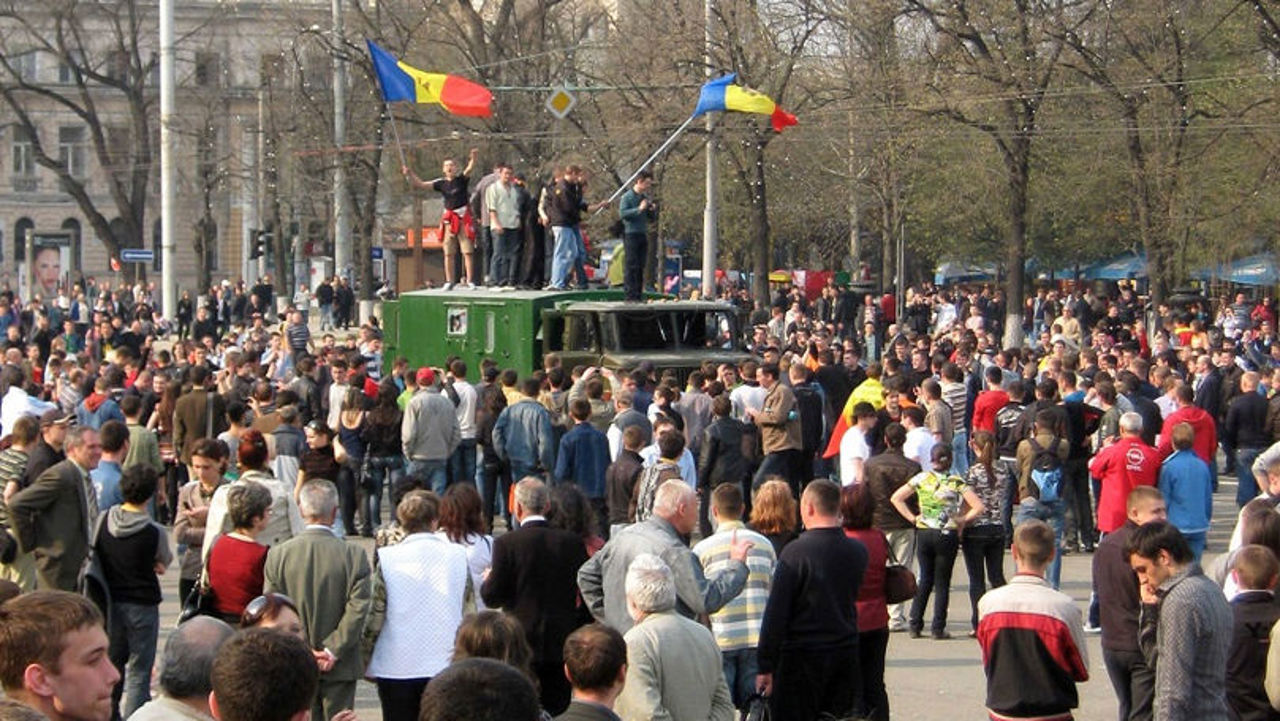
Repairs and reconstruction
The Parliament building was not repaired until 2016, after several delays due to lack of funds. The Presidential building was reconstructed with support from Turkey and inaugurated in 2018, in the presence of Turkish President Recep Tayyip Erdogan.
Coincidentally or not, during the same period, seven Turkish citizens—teachers at the "Orizont" High School—were detained by Moldovan authorities and illegally expelled to Turkey, an action harshly criticized by international organizations.
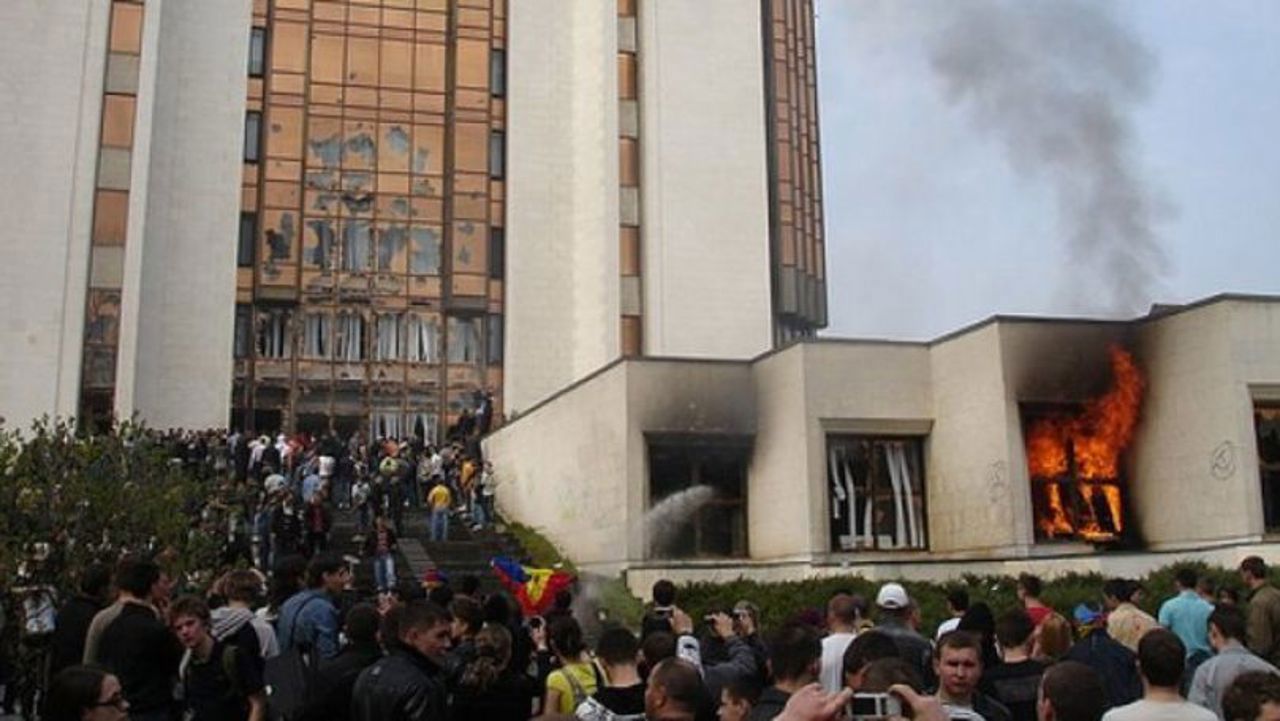
April 7—Freedom Day
In 2012, Parliament declared April 7 as “Freedom Day,” to commemorate the courage of the young people who peacefully fought for democracy. But this day also remains a symbol of failed justice and unhealed pain.
Sixteen years later, no one has been imprisoned for the abuses committed. Justice remains stagnant, and the truth continues to be an unfulfilled promise.
Translation by Iurie Tataru
